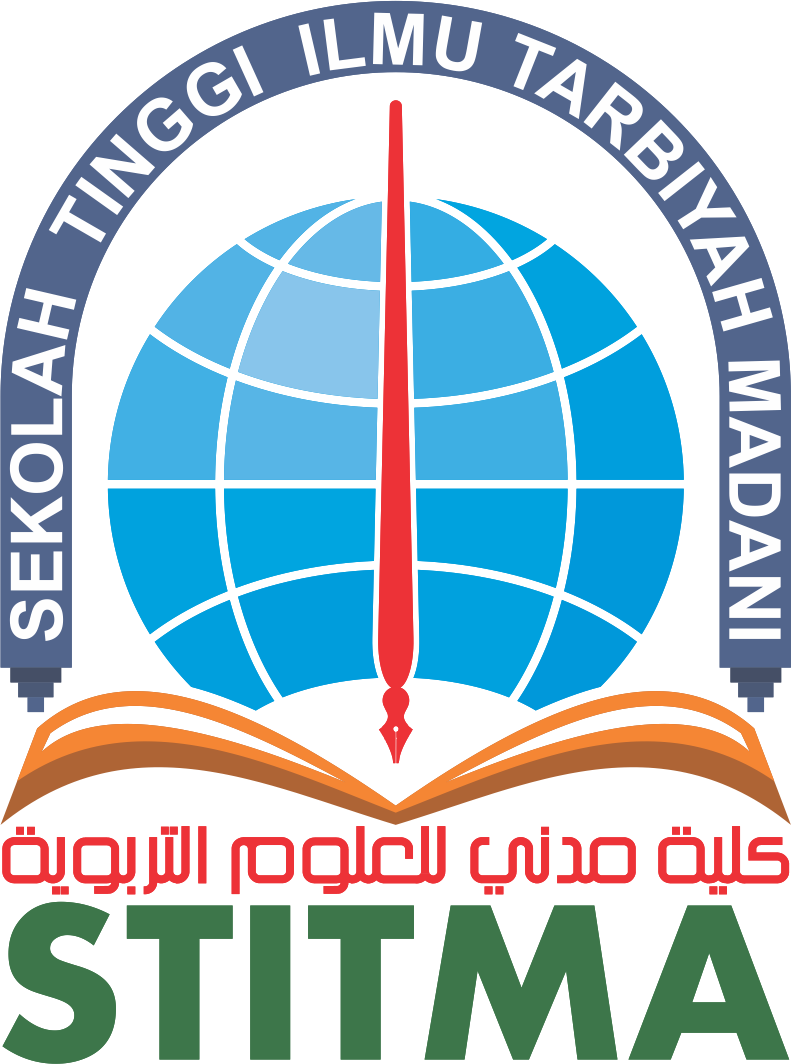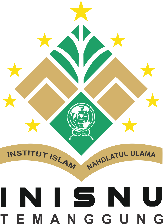Analysis of harsh parenting practices: An islamic and psychological perspective
DOI:
https://doi.org/10.59944/jipsi.v4i1.427Keywords:
Harsh Parenting, Islamic Perspective, Psychological ImpactAbstract
The education process in childhood is one of the important prhase in the human’s growth and character development. This education process is usually conducted by parents as the main educators and also by teachers as educators in school institutions. Children who receive a good education will usually grow up with good behavior, while children who receive bad education will usually produce bad behavior. One of the bad methods in educating children is violent education. Starting from verbal violence in the form of insults, ridicule, gaslighting, belittling, to physical violence. The cause of violence behavior from educators (parents or teachers) to children can be many things, such as culture, psychological conditions of educators, or lack of insight and awareness from educators. According to psychology experts, violence behavior in educating children will actually have a negative impact on the child's mental condition and academic achievement. Not much different, Islamic scholars also warn of the dangers of being violent in educating children, because it will actually produce children with bad characters and traits while the goal of education may not archieved
References
Aisyah, A. (2017). Dampak Kekerasan Verbal terhadap Perkembangan Psikologis Anak dalam Pendidikan. Jurnal Psikologi Anak, 6(1), 45-56.
Retrieved from iainmadura.ac.id
Abdullah Nasih Ulwan. Tarbiyatul Aulad Fil Islam. Cairo: Darus Salam, 1992.
Hadis Shahih Muslim. (n.d.). Hadis Tentang Kelembutan dalam Pendidikan Anak. Retrieved from iainmadura.ac.id
Hayani, A. (2024). The Exploring Concept of Islam Nusantara in Indonesia. 7(2), 356–372. https://doi.org/10.54396/saliha.v7i2.1198
Hayani, A., Musyrifah, F., Aeni, N., & Rifqi, A. (2025). Analysis of Islamic Religious Education Learning Policy During the Pandemic : Opportunities and Challenges. 3, 15–20.
Ibnul Qayyim Al-Jauziyah. Bekal Menyambut Buah Hati. Jakarta Timur: Ummul Qura, 2014.
Ibnu Khaldun. Mukaddimah Ibnu Khaldun. Jakarta Timur: Al-Kautsar, 2011.
Kementerian Agama Republik Indonesia. (n.d.). Al-Qur'an dan Terjemahannya. Jakarta: Kementerian Agama RI.
Maisaroh, F. (2013). Pengaruh Pemahaman Orang Tua Terhadap Kekerasan Dalam Pendidikan Anak: Perspektif Islam. Jurnal Pendidikan Islam, 5(2), 123-134.
Retrieved from ejournal.uin-suka.ac.id
Muhammad Nur Abdul Hafizh Suwaid. Prophetic Parenting: Cara Nabi SAW Mendidik Anak. Yogyakarta: Pro-U Media, 2009.
Muchamad Chairudin, H. N. (2023). Nilai-Nilai Pendidikan Akhlak dalam Al-Quran Surat Yusuf Ayat 13-20 Kajian Tafsir Al Misbah Karya M. Quraish Shihab. Attractive : Innovative Education Journal, 5(2), 754–765.
Muthoifin, Erawati, D., Nashihin, H., Mahmudulhassan, Setiawan, B. A., Rofi, S., & Hafidz. (2024). An Interfaith Perspective on Multicultural Education for Sustainable Development Goals (SDGS). Journal of Lifestyle and SDGs Review, 4(3), e01720. https://doi.org/10.47172/2965-730X.SDGsReview.v4.n03.pe01720
Nashihin, H. (2019). Character Internalization Based School Culture of Karangmloko 2 Elementary School. Abjadia, 3(1), 81–90. https://doi.org/10.18860/abj.v3i2.6031
Nashihin, H., Rachman, Y. A., Fitrianto, I., & Suhartono. (2025). Empowering Creativity Of Disabled Students Through Sustainable Agropreneur Education at Ainul Yakin Islamic Boarding School in Yogyakarta to Support the SDGs. Journal of Lifestyle and SDGs Review, 5(2), e02878. https://doi.org/10.47172/2965-730X.SDGsReview.v5.n02.pe02878
Naurah, S., Rhain, A., Dahliana, Y., Nugroho, K., & Surakarta, U. M. (2024). AL-AFKAR : Journal for Islamic Studies Peran Tafsir Dalam Mendukung Program Moderasi Beragama. 7(3), 998–1020. https://doi.org/10.31943/afkarjournal.v7i3.1575.
Rouzi, K. S., & Afifah, N. (2023). Family Resilience in Forming Children’s Positive Emotions: Perspective of Islamic Educational Psychology. Syekh Nurjati International Conference on Elementary Education, 1(0), 9. https://doi.org/10.24235/sicee.v1i0.14539
Rouzi, K. S., Afifah, N., Yarni, L., & Widiyanti, R. (2023). Pendidikan Islam Dalam Keluarga (Islamic Home Schooling). Indonesian Journal of Elementary Education and Teaching Innovation, 2(1), 32. https://doi.org/10.21927/ijeeti.2023.2(1).32-39
Salam, M. A., AN, A. N., Rhain, A., Azizah, A., & ... (2024). Challenges of Da’wah Research: Understanding Da’wah Models in The Context of Qur’anic Guidance and Social Change. Al-Afkar, Journal For …, 7(3), 1120–1141. https://doi.org/10.31943/afkarjournal.v7i3.1604.Abstract.
Sarwadi, S., & Nashihin, H. (2023). Character Education between The Western Context and Islamic Perpective. Al Hikmah: Journal of Education, 4(1), 1–12. https://doi.org/10.54168/ahje.v4i1.146
Sugihartono; Fathiyah, Kartika Nur; Harahap, Farida; Setiawati, Farida Agus; Nurhayati, S. R. (2024). Psikologi Pendidikan. CV. Zenius Publisher. https://books.google.co.id/books?id=B2PvEAAAQBAJ
Syaiful Anam, H. N. (2023). Metode Penelitian (Kualitatif, Kuantitatif, Eksperimen, dan R&D). PT Global Eksekutif Teknologi. https://books.google.co.id/books?hl=id&lr=&id=w-bFEAAAQBAJ&oi=fnd&pg=PA1&ots=vRP1bKcVRG&sig=dA4E7fb8uf45B7Uv87JkztTGviQ&redir_esc=y#v=onepage&q&f=false
Zakarya, Hafidz, Martaputu, H. N. (2023). Peran Guru Pendidikan Agama Islam dalam Meningkatkan Motivasi Belajar peserta didik di SMA Muhammadiyah 1 Surakarta. Pendidikan Agama Islam (PAI) Dalam Kurikulum Nasional, 2(2), 1–13.




























